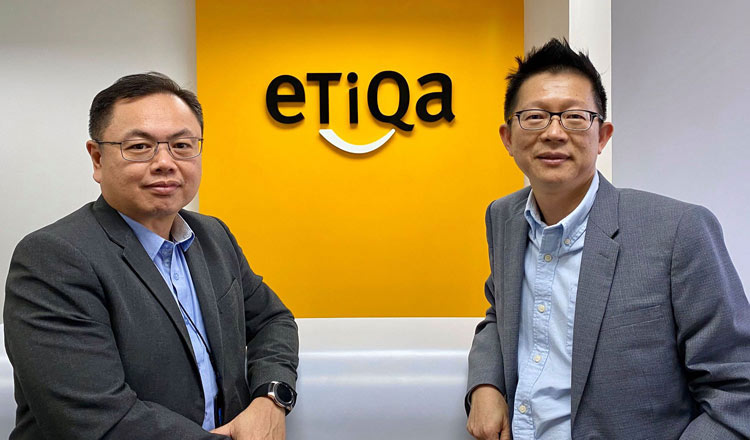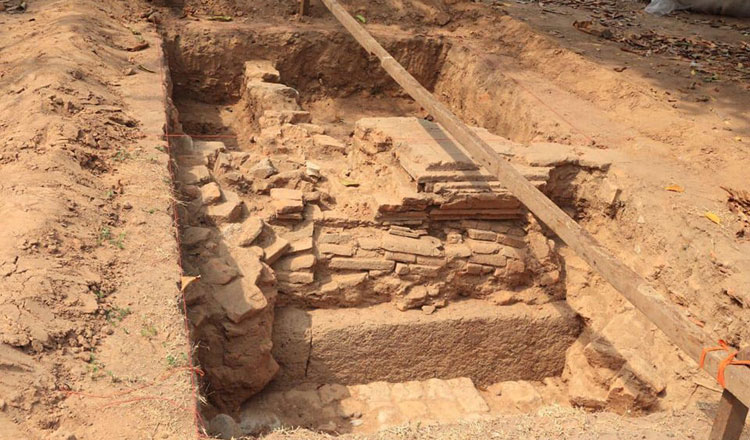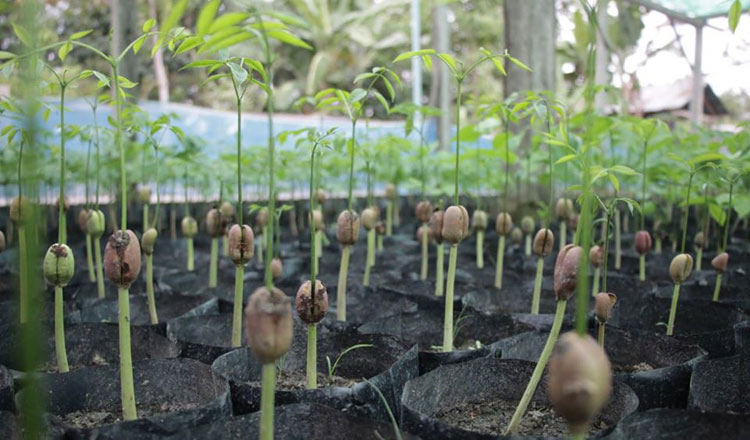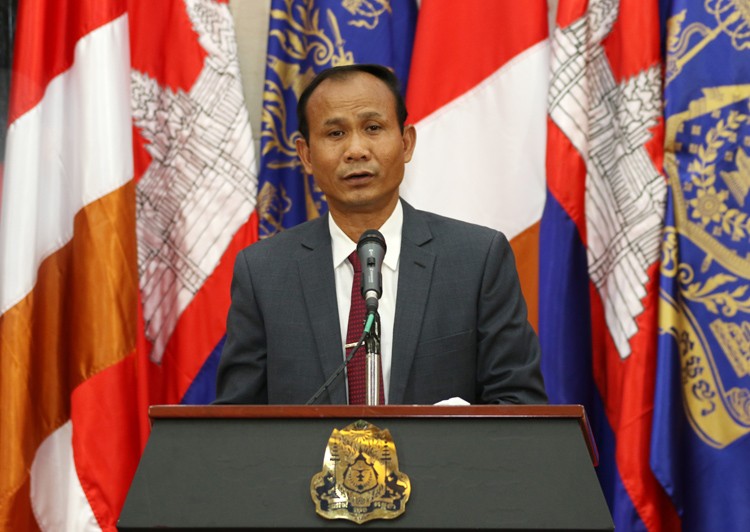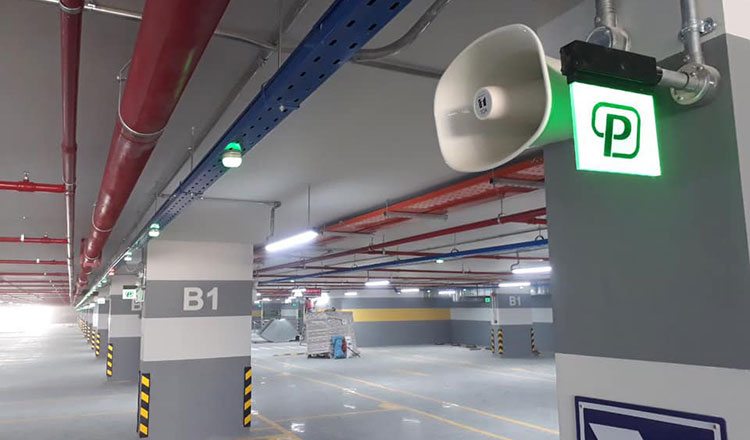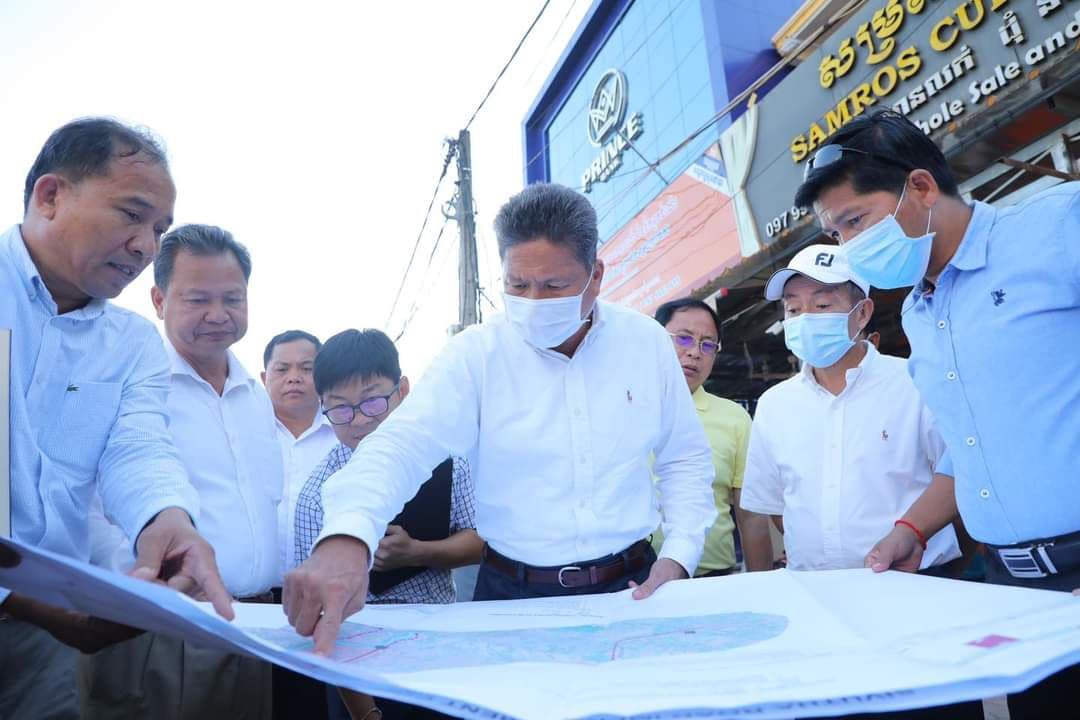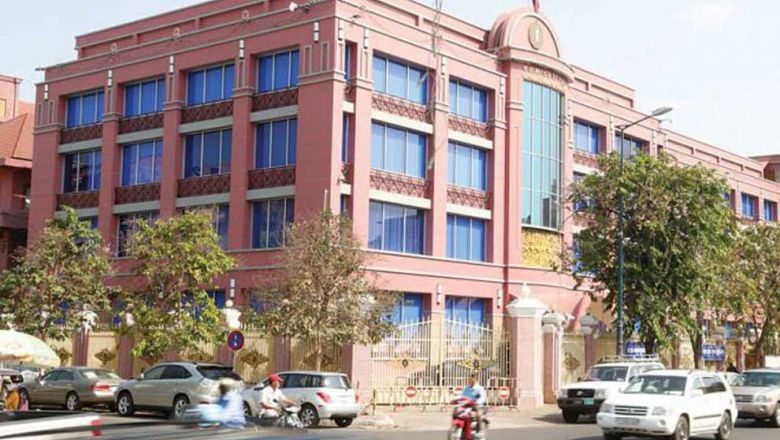Malaysian insurance group gets licence for Cambodia
Malaysia’s Etiqa Insurance & Takaful, one of the country’s larger insurance groups, has been granted a business licence by Cambodia’s Ministry of Economy and Finance that allows it to tap into the nascent insurance market of a nation where an estimated 97 percent of the population do not have any form of insurance policy.
Etiqa will start offering fire insurance and personal accident products for both retail and commercial clients through the 21 branches of its parent company Maybank located across Cambodia. Plans are to offer additional products such as endowment insurance, term life insurance, education insurance plans, investment-linked insurance policies, as well as medical, motor, travel, marine and engineering insurance “in the very near future” structured as both conventional policies and takaful contracts.
Etiqa aims to be among the first insurance companies in Cambodia to provide online insurance products, the group’s CEO Kamaludin Ahmad said.
Cambodia’s Muslim minority currently numbers an estimated 250,000 people – about 1.5 percent – of the entire population, mostly practised by the Cham and Malay ethnic groups.
The share used to be higher before Cambodian Muslims, among other religious groups in the country, fell victim to an extermination campaign executed by the Khmer Rouge in the second half of the 1970s during which their numbers eroded. Demographic experts have said that they will regain their former strength only in another generation.
It’s part of another Islamic finance move making a further foray in non-Muslim countries in Southeast Asia. The Islamic Bank of Thailand (branded as IBank), a state-owned institution and the country’s sole Islamic bank, said it will more than double its branches.
IBank plans to add 60 more branches to its network to reach 100 outlets nationwide, but with a focus on Thailand’s southern provinces of Satun, Narathiwat, Pattani and Yala, home to the country’s largest concentration of Muslims at more than 30 percent of the general population, compared to fewer than 3 percent in other parts of the country.
The branches should be located in every district in southern Thailand “to comply with the bank’s mission and policy,” said Thailand’s Deputy Finance Minister Santi Promphat.
This policy is part of a rehabilitation plan for IBank which is one of Thailand’s state enterprises that ran into troubles after accruing high nonperforming loans and net losses in the past years. IBank’s total loans outstanding at the end of March 2020 amounted to 54 billion baht ($1.7 billion), of which 27.1 billion baht ($850 million) was from large customers, 7.83 billion baht ($250 million) from small and medium-sized enterprises and the rest from retail clients.
Of the outstanding loans, non-performing financing was close to 50 percent before the state in 2018 agreed to a cash injection for recapitalisation and transferred a large chunk of the toxic assets into a new “bad bank” named Islamic Bank Asset Management Co Ltd, an entity wholly owned by the Thai finance ministry. The new target is to bring non-performing loans to less than 5 percent of outstanding loans in the next few years.
The branch expansion aims not only at increasing the share of Muslim customers of Ibank and support Muslim career development by creating new banking jobs in the south, but also at attracting foreign investors, particularly from the Middle East, according to the deputy finance minister.
“We want to help Muslims invest and this would strengthen IBank and enable it to stand by itself without relying on government support,” Promphat said. Such foreign investment could also lead to a partnership with a foreign investor, IBank’s president Wuttichai Suraratchai said in an earlier statement.
Currently, the share of Muslim customers of IBank has indeed potential to be increased. According to the bank’s latest financial report, Muslims accounted only for 32 percent of its borrowers and close to 60 percent of depositors. The bank should find ways to provide Muslims better access to its services and products, Promphat noted. It should also play a role in support local Muslim communities and get involved into the halal economy by providing adequate financial products and services in order to help to create jobs and increase economic opportunities.
Credited: Khmer Times

